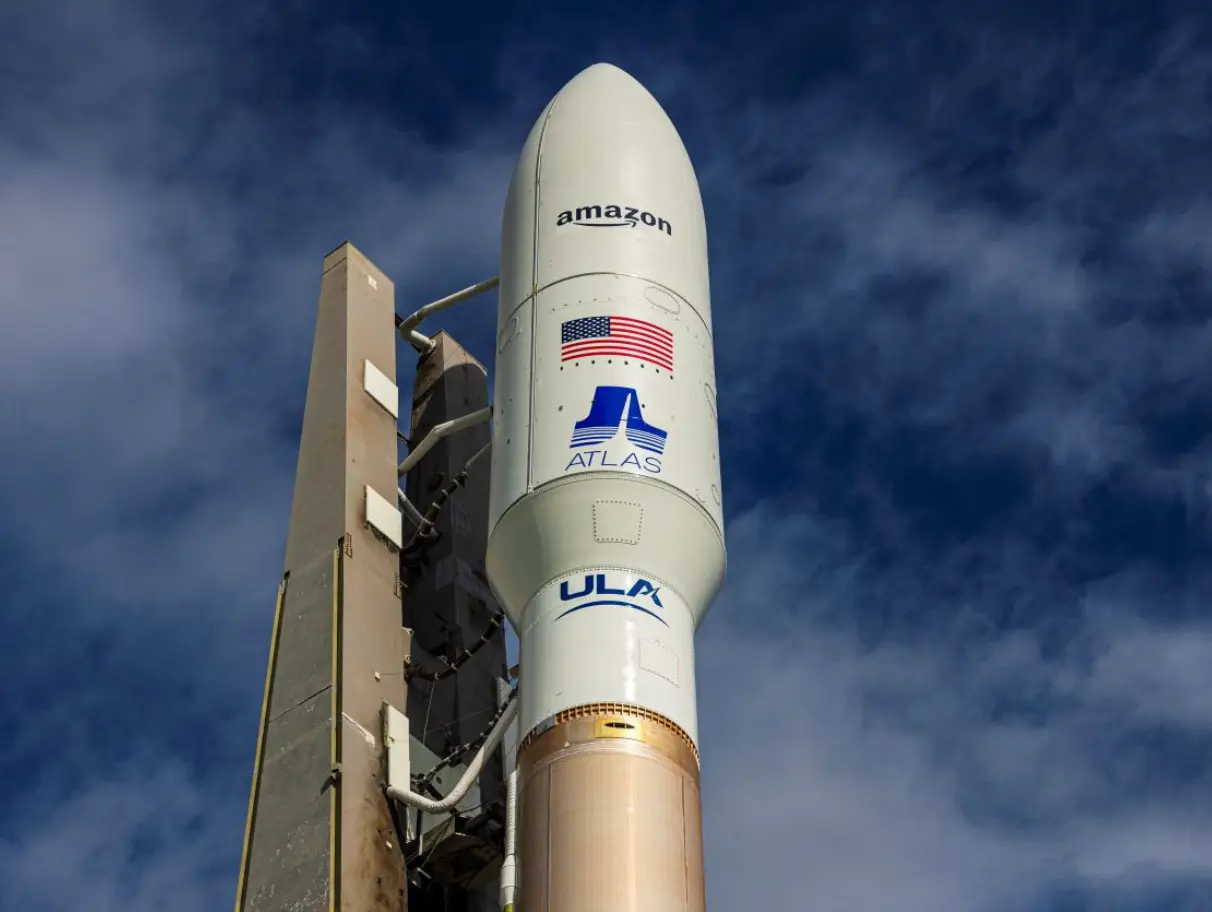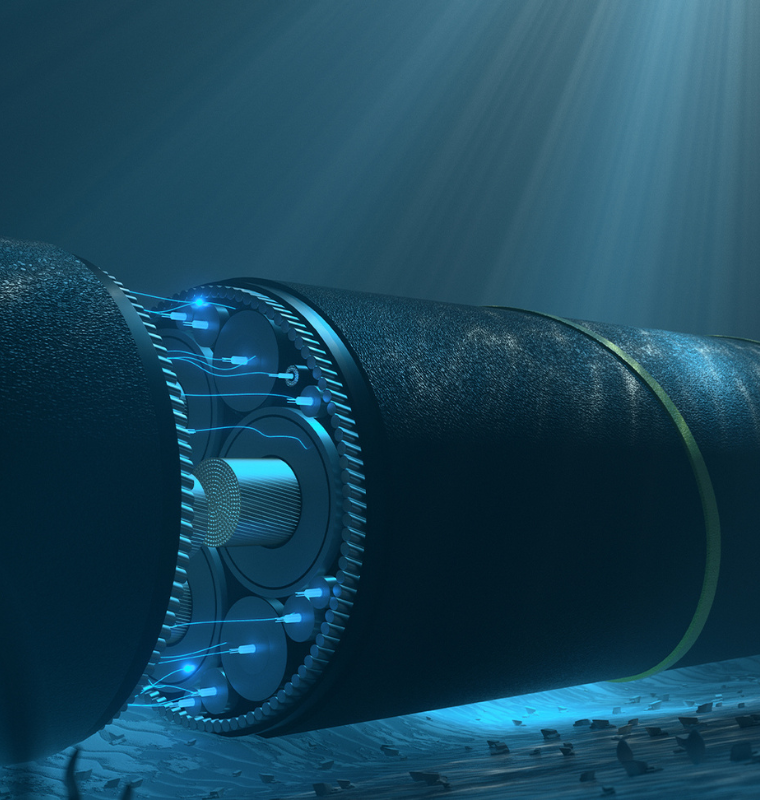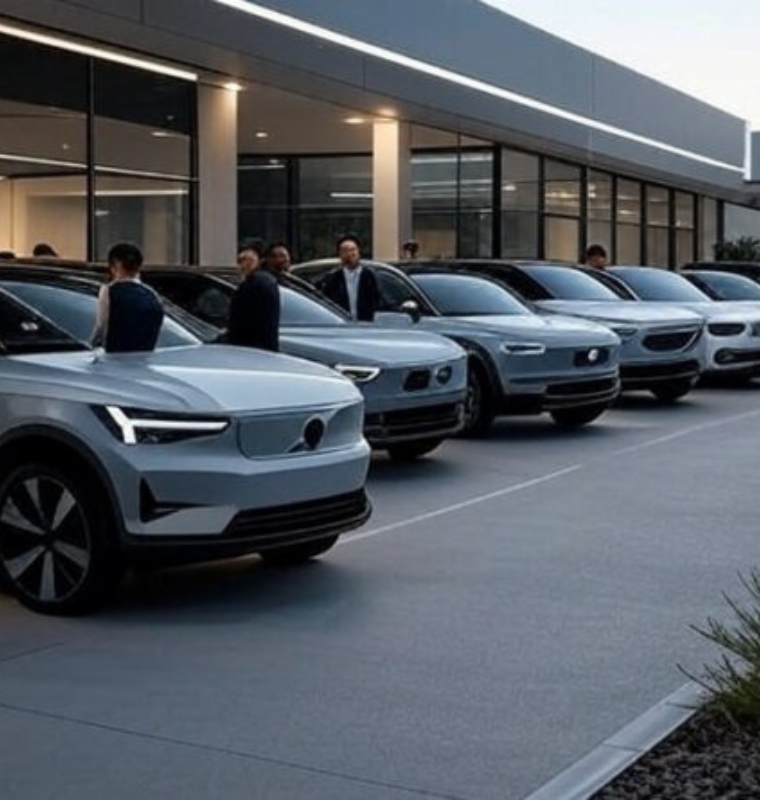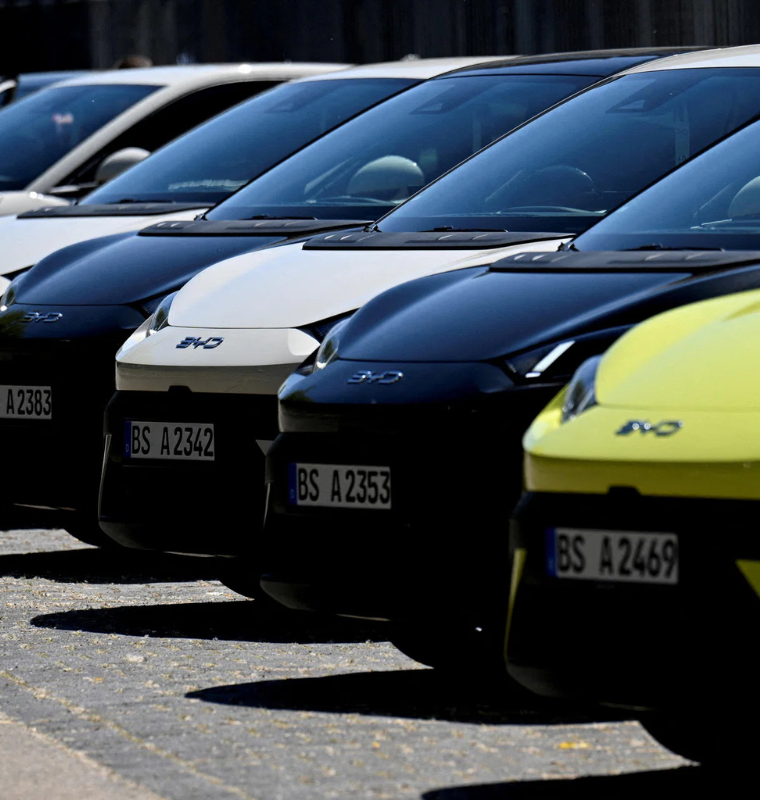Amazon Taps SpaceX to Launch Critical Kuiper Satellite Batch in Race Against Starlink
Amazon Taps SpaceX to Launch Critical Kuiper Satellite Batch in Race Against Starlink
By
Junia Wells
Last updated:
July 16, 2025
First Published:
July 16, 2025

Photo: Tech in Asia
Amazon Enlists SpaceX for Kuiper Satellite Launch Amid Fierce Market Competition
Amazon is intensifying its push into the satellite internet arena by partnering with SpaceX, its main rival in space ventures, to launch the next batch of its Kuiper satellites. On Wednesday, weather permitting, SpaceX’s Falcon 9 rocket will carry 24 Kuiper satellites from Florida’s Space Coast in a mission known as KF-01, with a launch window opening at 2:18 a.m. ET.
This launch is notable not only for its strategic importance to Amazon but also for the unusual alliance between two of the world’s biggest space entrepreneurs: Jeff Bezos and Elon Musk.
The Satellite Internet Race: Kuiper vs. Starlink
Currently, SpaceX’s Starlink dominates the market with roughly 8,000 satellites and about 5 million users globally. Amazon, having launched Project Kuiper in 2019, aims to build a network of more than 3,000 satellites to provide high-speed broadband internet worldwide.
Amazon faces a pressing deadline from the Federal Communications Commission (FCC), which mandates that Kuiper must have approximately 1,600 satellites in orbit by July 2026. So far, Amazon has launched 54 satellites—two launches of 27 satellites each earlier this year via United Launch Alliance rockets—and Wednesday’s launch will bring that total to 78.
To meet the FCC deadline and remain competitive, Amazon has booked up to 83 launches, including at least three with SpaceX.
Economic Stakes and Ambitions
Amazon has earmarked over $10 billion for Project Kuiper, with estimates from Bank of America analysts suggesting the total cost to build the full constellation could reach $23 billion—excluding expenses for customer terminals.
Current expenditures include about $150 million per launch this year and roughly $1.1 billion expected for satellite production by the fourth quarter.
Industry forecasts by Boston Consulting Group project the satellite internet market will surpass $40 billion by 2030, with Kuiper potentially generating $7.1 billion in annual sales by 2032 if it captures 30% of the market. Analysts caution, however, that this could be conservative given Starlink’s rapid early growth.
Bezos vs. Musk: Space Ventures on Parallel Tracks
The satellite internet contest is just one front in the broader space rivalry between Bezos and Musk. Bezos’s Blue Origin has invested heavily in developing its New Glenn rocket, designed to rival SpaceX’s reusable Falcon 9 rockets. Blue Origin completed its maiden flight in January but still trails SpaceX in launch frequency and scale.
Bezos has also predicted that Blue Origin could eventually surpass Amazon in size and impact, underscoring how deeply both billionaires are betting on space as the next major industry.
What’s Next for Kuiper?
If Wednesday’s launch is successful, Amazon will accelerate its efforts to meet the FCC deadline and close the gap with Starlink. The collaboration with SpaceX not only underscores the competitive urgency but also highlights how the space industry’s ecosystem involves intricate partnerships even among fierce competitors.
Amazon’s next steps will depend on manufacturing pace, launch cadence, and regulatory compliance—all critical as the satellite internet battle intensifies in a market poised for explosive growth.
Popular articles
Subscribe to unlock premium content
Kylie Jenner’s $420M Beauty Empire Unravels: Inside the Stunning Fall of a Social Media Mogul

Britain’s Economic Decline: From Global Powerhouse to Financial Strain

Trapped by Perfection: How AI Beauty Filters Are Rewiring Our Faces—and Our Minds

Kylie Jenner’s $420M Beauty Empire Unravels: Inside the Stunning Fall of a Social Media Mogul

Britain’s Economic Decline: From Global Powerhouse to Financial Strain

Kylie Jenner’s $420M Beauty Empire Unravels: Inside the Stunning Fall of a Social Media Mogul









